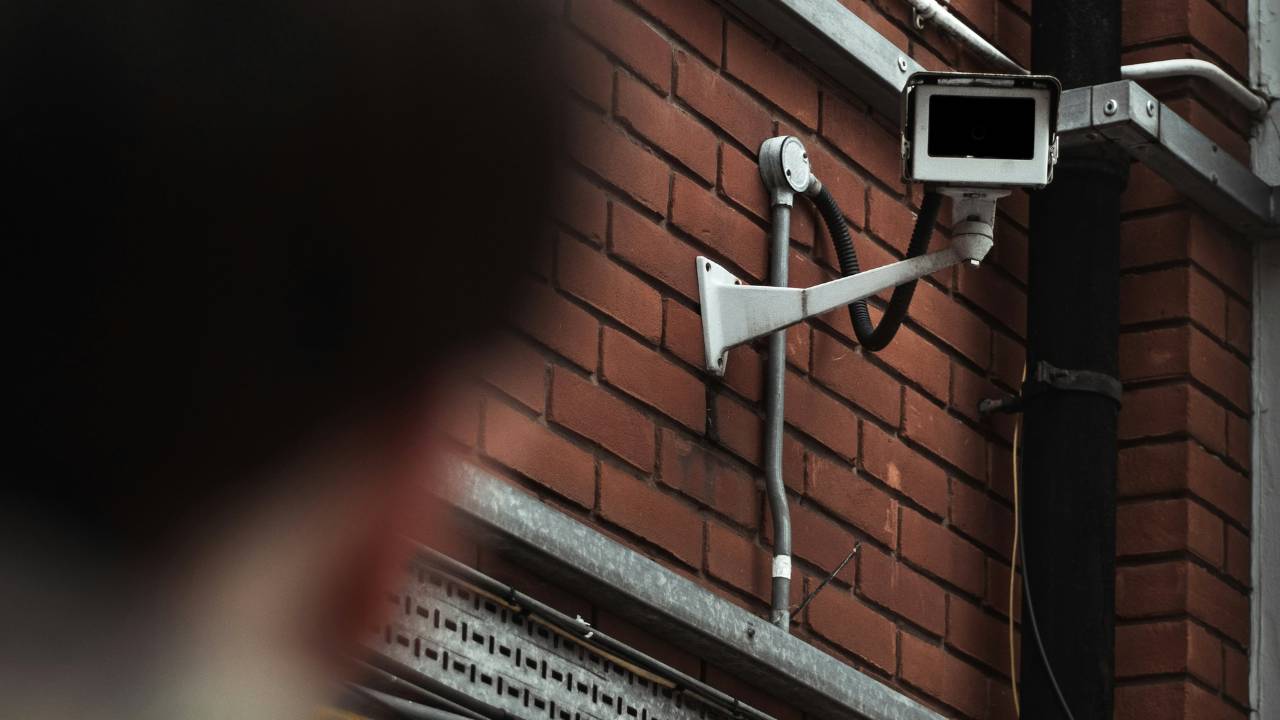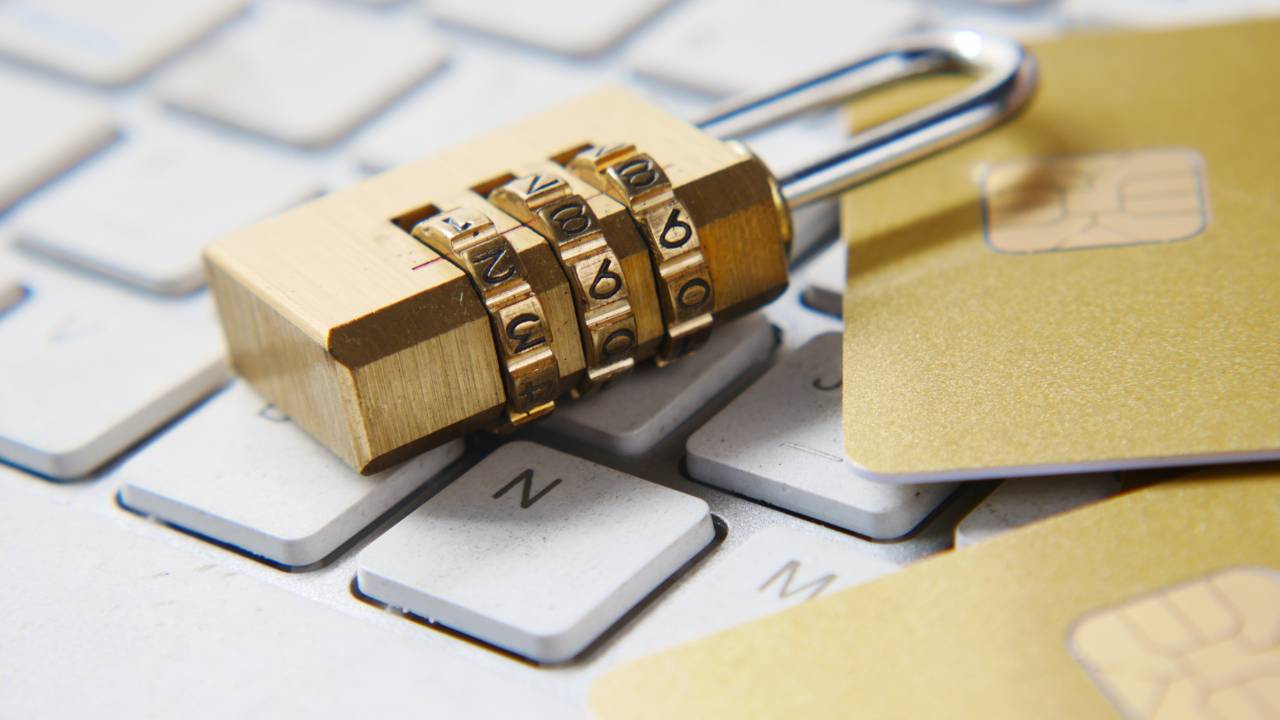In today's fast-paced business world, keeping your assets secure is more crucial than ever. From protecting sensitive information to safeguarding valuable equipment, business security solutions encompass a wide range of measures to ensure the safety and well-being of your organization. This comprehensive guide aims to shed light on various aspects of business security, providing you with reliable information and effective strategies to level up your defenses.
Understanding Business Security Fundamentals
The Importance of Risk Assessment
Assessing risks is essential in any business security strategy. It helps you to identify and prioritize the potential threats and vulnerabilities that can impact your organization. By conducting risk assessments, you can make informed decisions and allocate resources to protect your valuable assets effectively.
Some common steps in a risk assessment process include:
- Identifying key assets (information, systems, and facilities)
- Determining potential threats and their likelihood
- Evaluating the impact of potential threats on key assets
- Prioritizing risks and developing risk mitigation strategies
- Regular monitoring and review of the risk management plan
Keep in mind that risk assessments are not a one-time activity; they require ongoing review and updates to keep your business security solutions well-adapted to the evolving threat landscape.
Identifying Potential Threats and Vulnerabilities
In order to protect your organization from various risks, it's crucial to identify and understand the types of potential threats and vulnerabilities.
Potential threats that organizations face include physical theft, which involves unauthorized access to facilities, assets, or information. Human error is another threat to consider – mistakes made by employees, vendors, or contractors can expose the organization to risk.
Insider threats pose a risk as well, where current or former employees carry out malicious acts against the organization. On the technology front, cyberattacks such as hacking, phishing scams, DDoS and other web-based attacks threaten security.
Finally, natural disasters like floods, earthquakes, fires and other environmental catastrophes have the potential to significantly disrupt operations and cause damage.
Once identified, consider the impact each threat or vulnerability might have on your organization. Look at factors such as monetary loss, reputational damage, customer dissatisfaction, and legal implications.
Physical Security Solutions for Businesses

As a business owner, you know the importance of keeping your assets, employees, and customers safe. One way to do this is by implementing physical security solutions. In this section, we'll cover various options to enhance the security of your business.
Access Control Systems and Smart Locks
Access control systems play a vital role in maintaining the safety of your facility. These systems help you manage who enters your business which prevents unauthorized access. It's essential to choose a reliable company, such as MJ Flood Security, that offers a range of access control systems, including smart locks. These advanced locks provide you with the ability to remotely control access and monitor entry and exits in real-time.
Surveillance and Monitoring: Cameras and Video Analytics
Investing in security cameras and video surveillance is crucial for monitoring your business both inside and outside. High-quality indoor and outdoor cameras record footage 24/7, providing valuable evidence in case of a security breach or incident. MJ Flood Security offers state-of-the-art video analytics software, enabling you to analyze captured footage to identify any suspicious activities or potential threats effectively.
Intrusion Detection: Alarms and Motion Sensors
Intrusion detection systems, such as alarms and motion sensors, add another layer of protection to your business. These systems alert you when doors or windows have been opened forcibly or when there's movement in an area that should be unoccupied. By incorporating a mix of indoor and outdoor motion sensors, you can cover all points of entry to your business, ensuring prompt response in case of a security breach.
Security for Entrances and Exits
Targeting entrances and exits with specific security measures is essential. Establishing a protocol for managing key distribution is one way to address this. Additionally, you can install physical barriers, such as security gates or turnstiles, at key entrance points to further restrict unauthorized access. Pairing these with access control systems and alarms creates a comprehensive security solution for your entrances and exits.
Cybersecurity Strategies
Protecting Sensitive Data with Encryption and Firewalls
To safeguard your sensitive data from cyber threats, it is vital to invest in effective cybersecurity upgrades. Encryption helps you protect data from unauthorized access, both at rest and in transit. Be sure to use strong encryption methods, such as AES-256 or RSA-2048, to secure your data effectively.
Regarding firewalls, they act as barriers between trusted and untrusted networks, scrutinizing incoming and outgoing traffic. A combination of hardware and software firewalls enhances your network's security, keeping cyber threats at bay. Don't forget to update your firewall configurations regularly and monitor any suspicious activities.
Dealing with Cyberattacks: Prevention and Response
Cyberattacks are a harsh reality for businesses, so it's crucial to be ready for prevention and response. Some common cyberattacks include phishing, malware, ransomware, and data breaches.
Consider implementing the following preventive measures:
- Update software and applications regularly.
- Install authorized antivirus and anti-malware solutions.
- Use strong and unique passwords, coupled with multi-factor authentication.
In case a cyberattack happens, you should have a response plan in place. Key steps in a response plan include:
- Identifying and isolating affected systems and devices.
- Assessing the extent of damage and data loss.
- Recovering from backups and restoring normal operations.
- Reporting the incident to relevant authorities and stakeholders.
- Learning from the experience and updating your security measures.
Employee Training and Compliance
Ultimately, your employees play an essential role in maintaining strong cybersecurity. Training and raising awareness about cyber threats and how to prevent them can significantly lower your risk.
Some key topics to include in your training are:
- Recognizing and avoiding phishing attempts.
- The importance of using strong and unique passwords.
- Safe use of external devices and cloud services.
- Confidentiality and ethical handling of sensitive data.
Moreover, ensuring compliance with industry-specific regulations and data protection laws, such as GDPR, HIPAA, and PCI DSS, should be a central part of your security strategy. Regular audits and monitoring can help you maintain compliance and guard against potential vulnerabilities.
Security System Design and Implementation for Small Businesses

Choosing the Right Security Equipment
When it comes to security systems for your small business, it's essential to choose the right equipment to meet your unique needs. Begin by assessing the specific risks your business faces, such as theft, vandalism, or data breaches. Once you have a clear understanding of your security requirements, you can begin evaluating different types of equipment, such as:
- Surveillance Cameras: These are crucial for monitoring your business and capturing footage in the event of an incident. Consider factors like night vision capabilities, motion detection, and remote access.
- Access Control Systems: These allow you to restrict access to sensitive areas within your business. Options include keycard systems, biometrics, and even mobile apps for increased flexibility.
- Fire and Intrusion Detection: Smoke detectors, fire alarms, and intrusion sensors can help protect your assets from unfortunate events such as fires or break-ins.
Installation Costs and Budget Planning
As a small business owner, keeping your budget in mind is essential when designing your security system. Installation costs can vary widely depending on the complexity and scale of the system you choose. Here are some factors to consider when planning your budget:
- Equipment Costs: The price of security devices can fluctuate, so be sure to research and compare multiple sources before making a decision.
- Professional Installation: While some equipment can be self-installed, working with security professionals can ensure a proper setup for more complex systems.
- Ongoing Maintenance and Monitoring: Don't forget to budget for regular maintenance and subscription fees for monitoring services.
Working with Security Professionals and Support
When implementing your security system, it is wise to consult with security professionals to ensure you choose the best equipment and setup for your small business. They have the expertise to guide you through the process and ensure your system is tailored to your needs.
Additionally, prioritizing excellent support from your security system provider is crucial. This will help you get the most out of your system and address any issues that may arise. When evaluating potential providers, consider:
- Their reputation within the industry
- Response times for technical support
- Availability and accessibility of customer service
Advanced Security Measures for Enhanced Protection
Innovative Technologies: Biometrics and AI
Embracing innovative technologies can significantly enhance your business's security. Biometrics and AI are two cutting-edge options to consider. Biometrics use unique physical characteristics, like fingerprints or facial recognition, for authentication. By incorporating biometrics, you ensure a high level of privacy and minimize the risk of unauthorized access.
On the other hand, AI-powered security systems can analyze vast amounts of data to identify potential threats and alert your security team. This proactive approach helps in detecting and mitigating risks faster.
Security Audits and Security Policies
Conducting regular security audits is essential to maintain the effectiveness of your security measures. An audit process typically includes:
- Identifying vulnerabilities in your infrastructure
- Assessing the risks associated with those vulnerabilities
- Implementing appropriate mitigation strategies
To further safeguard your business, establish comprehensive security policies that set clear guidelines and expectations for employees. Some key policy areas might include:
- Access control
- Password management
- Data handling
- Incident response
Having well-defined security policies ensures that everyone understands their responsibilities and follows best practices, leading to increased business security solutions efficacy.
Preventing Insider Threats and Unauthorized Access
While external threats tend to dominate discussions about business security, insider threats can't be ignored. To prevent unauthorized access and potential data breaches from within, consider implementing these measures:
- Role-based access control (RBAC): Assign privileges based on an employee's role, ensuring that they have access only to the information necessary for their job.
- Monitoring and logging: Regularly monitor and review employee activity logs to detect any suspicious behavior.
- Employee training: Educate your workforce on the importance of security and how to follow best practices.
Best Practices and Industry Standards

Regular Maintenance and Updates
As a business owner, it's important to stay up-to-date with the latest industry standards. Regularly maintaining and updating your security systems is crucial. This includes applying patches to your software, updating firmware, and ensuring all devices are compatible with the latest security protocols.
To properly maintain your security systems, follow these steps:
- Schedule routine maintenance checks
- Keep an inventory of all hardware and software
- Update your systems as new security measures are released
- Regularly evaluate the effectiveness of your security measures
Data Backups and Cybersecurity Measures
Data backups are an essential component of any business security solution. A solid backup plan includes:
- Storing your backups off-site in a secure location
- Using encryption to protect sensitive data
- Regularly testing and verifying the integrity of your backups
- Implementing an automated backup solution whenever possible for your on-premise and cloud-based data
Cybersecurity measures are equally important, so always follow the best practices:
- Keep your software up-to-date and apply patches as needed
- Use strong and unique passwords for all accounts
- Train your employees on current cybersecurity threats, such as phishing attacks
- Implement multi-factor authentication for sensitive accounts and systems
Security Culture and Communication Channels
Fostering a strong security culture within your organization is key to ensuring its success. Create an environment where everyone—regardless of their background or role—understands the importance of following security best practices.
Some tips for promoting a strong security culture include:
- Offering regular security training and awareness programs
- Encouraging open communication about security concerns
- Creating a reward system that reinforces strong security behaviors
- Setting an example by following best practices yourself
Consider implementing secure communication channels for internal conversations related to sensitive data. Utilize encryption and authentication to protect these channels by:
- Implementing end-to-end encryption for messaging apps
- Using a secure email gateway to protect sensitive emails
- Regularly reviewing and updating access control policies
Conclusion
Implementing business security solutions is crucial for safeguarding your company's assets and data.
Evaluate specific business needs, combining physical and digital measures like access control, video surveillance, and firewalls. Prioritize employee training on security policies. Regularly update systems to combat evolving threats.
By adopting a comprehensive security strategy, you ensure long-term success and a secure work environment. Good luck on your journey to a robust security system!



0 Comments